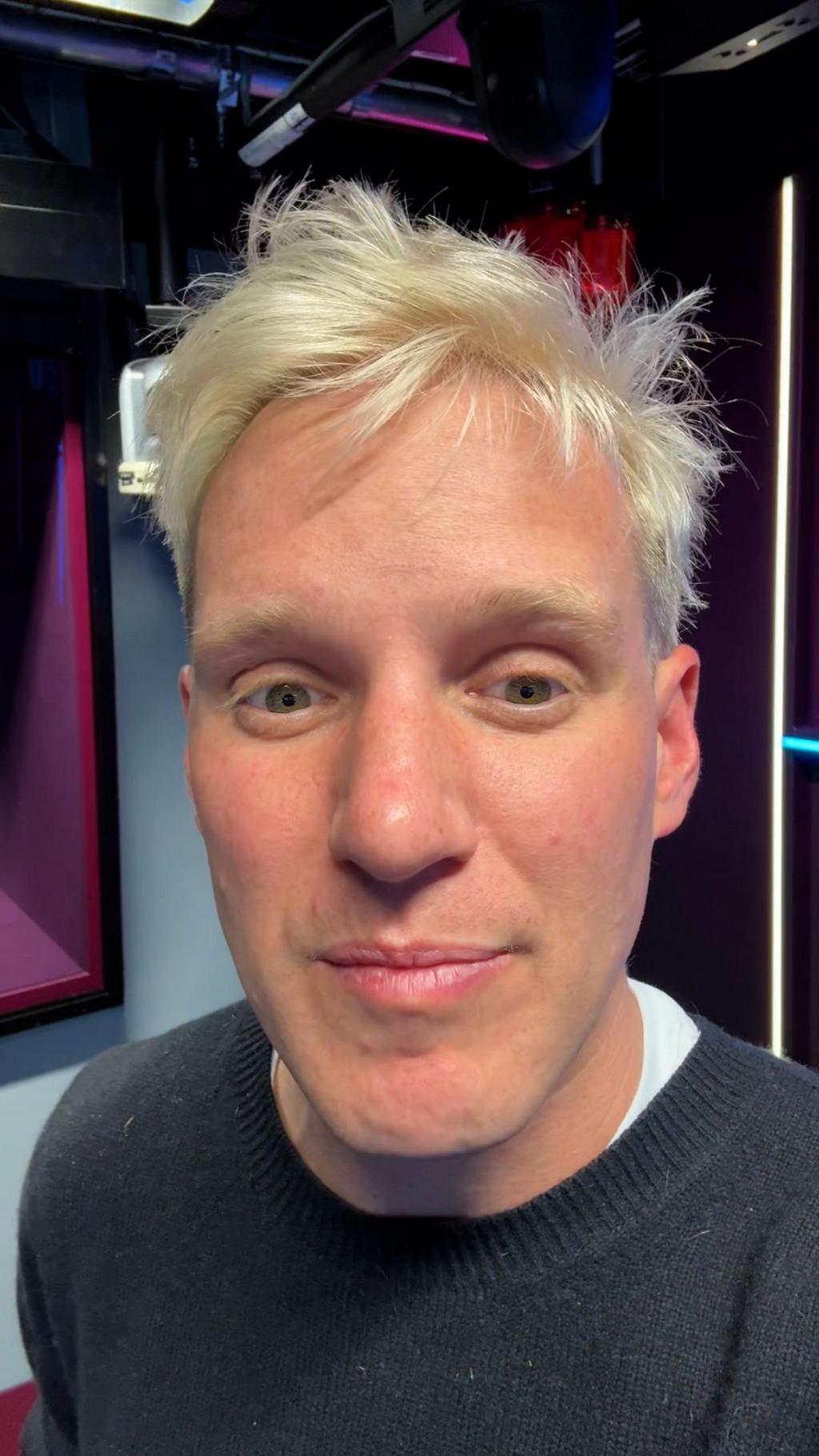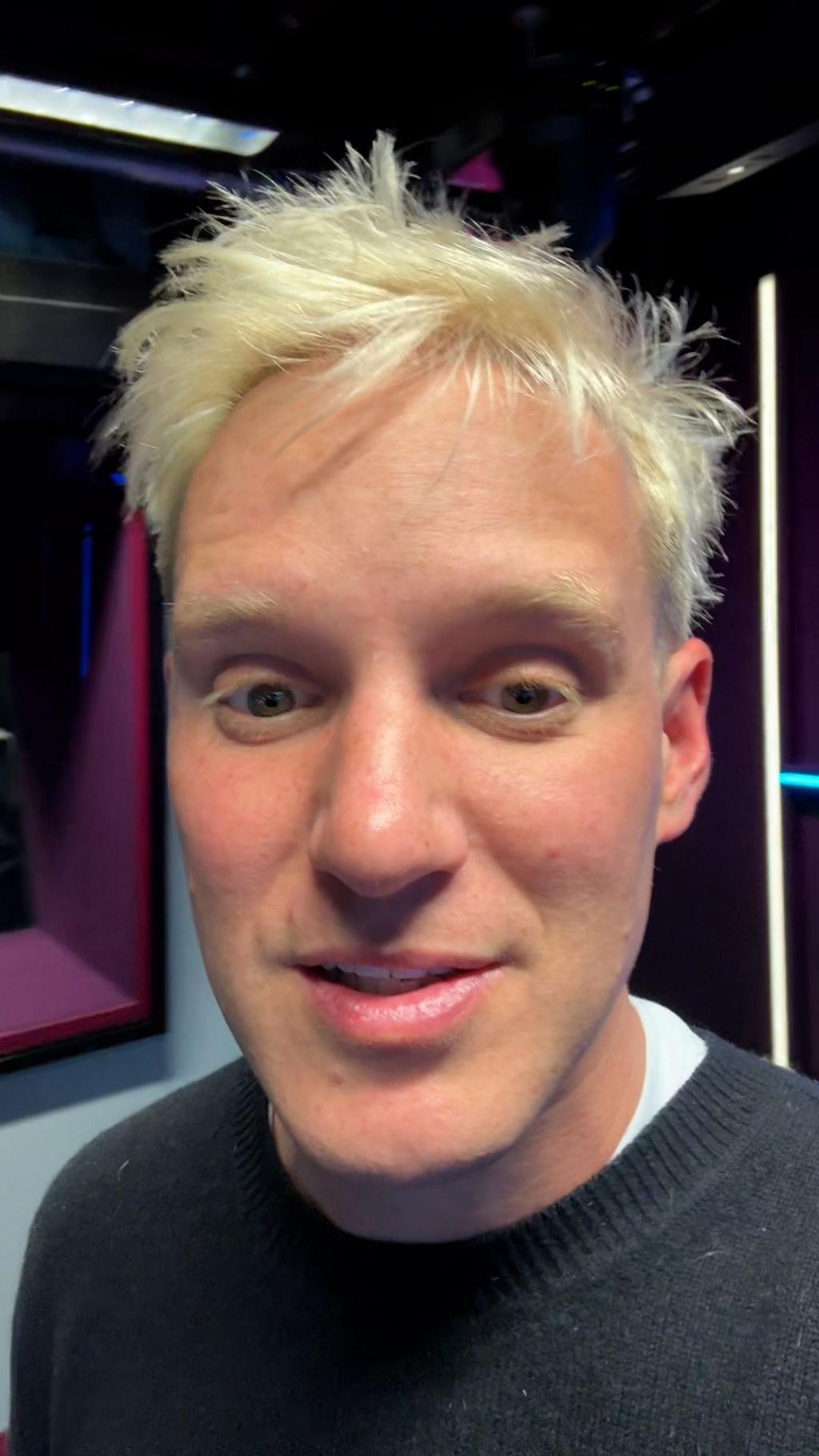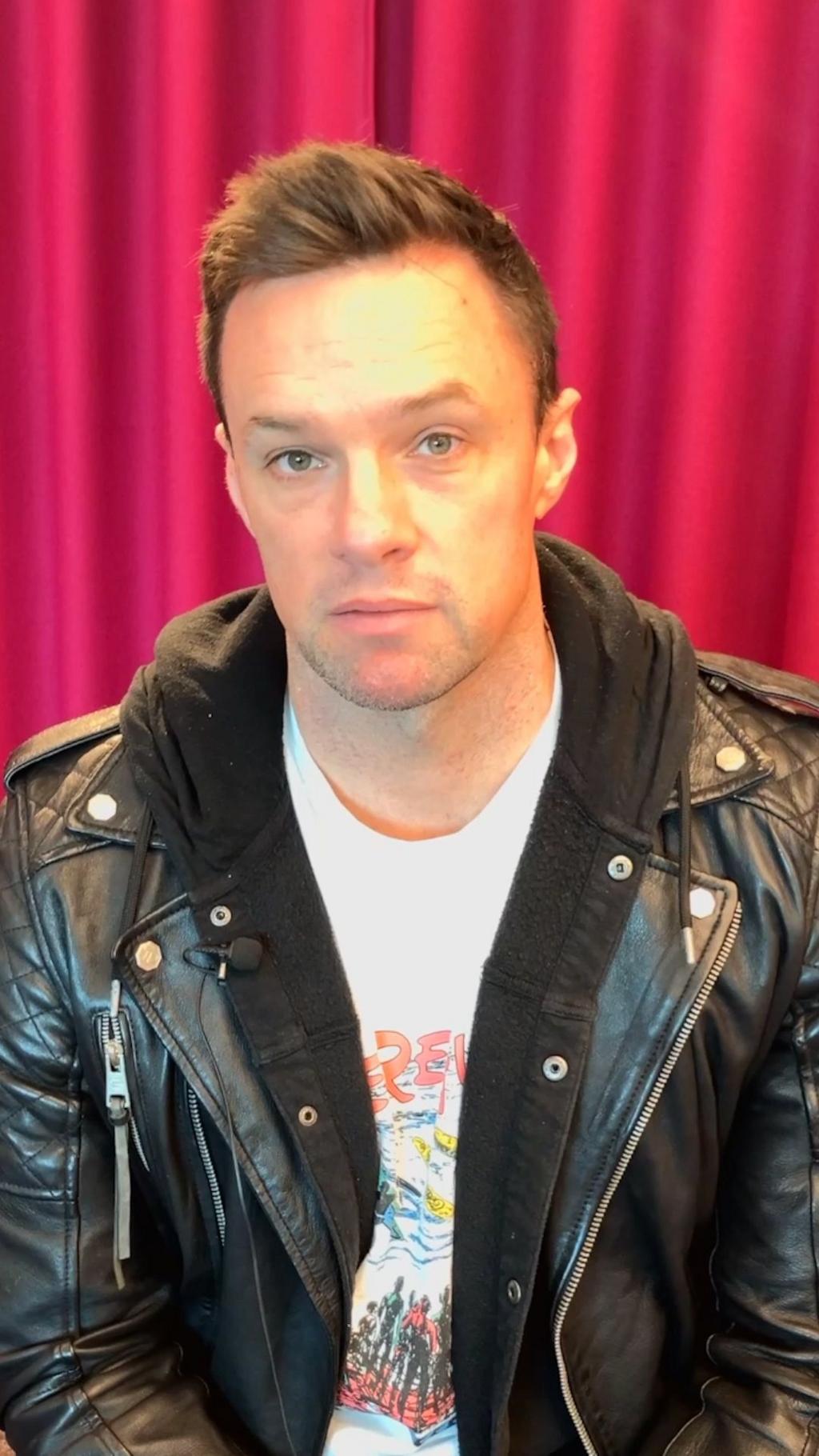ARTICLE AD BOX
Kat Watkins believes assumptions are made about disabled people
By Gemma Dunstan
Wales Live
Wheelchair user Kat Watkins has said a doctor assumed she was not having sex because of her disability.
The 37-year-old from Swansea said she was also told she was "a very odd shape" by the consultant while having a smear test.
She is one of more than 30 adults who told BBC Wales Live they have faced barriers to healthcare due to their disabilities.
The Welsh government said it was "very disappointing" to hear these stories.
Due to her condition, osteogenesis imperfecta - which creates brittle bones - Ms Watkins said gaining proper healthcare is almost impossible.
She said she now avoids seeking medical attention due to her "traumatic" past experiences.
"I've been fighting for the last 37 years to get through barriers and they're still there. So for me they're more than just barriers, it is a constant battle," she said.
Ms Watkins described the smear test, saying the consultant recommended cancelling them in the future as she was not sexually active at the time.
"He was making the assumption that I wasn't having sex because I'm a disabled person," she said.
Despite telling staff the best way to position her body, she said they also treated her like a "textbook example", rather than as an individual.
It meant she had to revisit several times until they were able to obtain a result.
During another visit to hospital she said she felt she was not listened to or believed by staff when she told them she had broken several bones in her leg - it was later confirmed that it was broken in five places.
"I got a letter back to say the doctor had done everything correctly and they couldn't see any problems," she said.
"I was heartbroken, I was completely dismissed - all my feelings were dismissed."
Swansea Bay health board said it could not comment on individual cases but it would be happy to discuss Ms Watkins's concerns with her.
'I was failed completely'
Michelle Penny has never had a smear test due to lack of access and, like Ms Watkins, she feels failed by the healthcare system.
"I just hope and pray that nothing is going wrong, I'm crossing my fingers and hoping for the best," said the 39-year-old.
She has been left almost bedbound by Myalgic encephalomyelitis and struggles to leave home to attend medical appointments.
"Everyone needs healthcare of some type, but if you can't get to them then you're failed completely," she said.
Ms Penny has not seen a GP in around six years, and has routine asthma appointments over the phone - but says it is not satisfactory.
"You could tell them anything they'd have to believe you because they can't see you," she added.
She has backed calls for at-home tests to detect for HPV, which are currently undergoing a trial in England.
Alex Harrison believes disabled people should lead change
Other examples people shared with Wales Live include:
- A man said that, during a fit he couldn't control, he heard staff say he was doing it on purpose
- A women said a lack of ways to contact her surgery puts her off contacting them after it recently took 339 attempts to get through on the phoneline
- A deaf woman claimed she had her BSL interpreters cancelled by a hospital, as they had seen her speak and so assumed she could lip read
- A women said private tests confirmed that new symptoms weren't a part of her existing disability after NHS doctors insisted that they were
Alex Harrison, disability equality officer at Disability Wales, said that many people who have "battles" with healthcare simply disengage from it.
"As a result they say they have new impairments or conditions have worsened," she said.
Wales has the highest proportion of disabled people in the UK at 26%, according to the organisation, and Ms Harrison said communication is a common barrier many can face to healthcare services.
"Many feel like they've just been ignored or are too much work to engage with," she said.
"We hear so much that people are just waiting and waiting for contact and then it never coming."
She believes disability equality training, "delivered by a disabled person", and more opportunity for feedback is needed to create change.
A Welsh government spokesperson said: "It's very disappointing to hear these stories and we expect people with disabilities to be listened to and treated respectfully when they access NHS services.
"Our Disability Rights Taskforce is working with disabled people and organisations to make recommendations to improve the lives of disabled people in Wales."

 1 year ago
47
1 year ago
47








 English (US) ·
English (US) ·